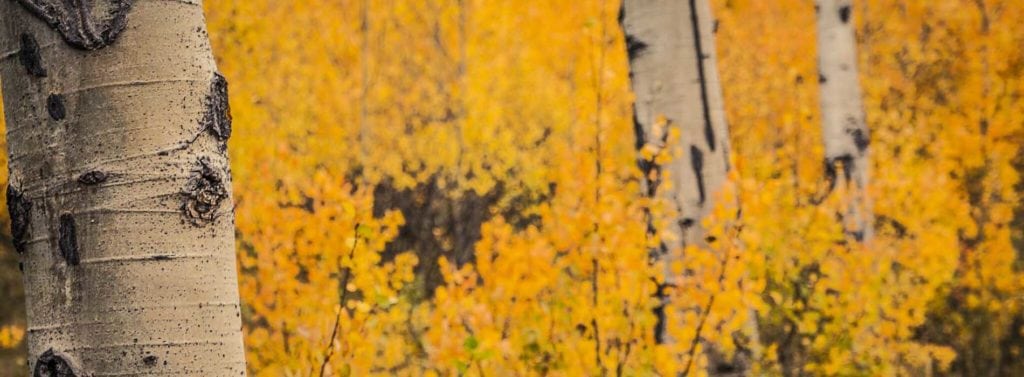Written by Matthew Carr, National Land Realty
One of the many benefits of owning timberland is the opportunity to earn extra income when it comes time to harvest the timber. There are also additional incentives written in the tax code for growing and harvesting timber. So, it’s important for landowners who just purchased timberland to make sound business decisions for the future. That’s when setting your basis comes into play.
A basis on timber is the dollar amount of your total land investment in trees, and is used to calculate losses and gains. Your basis is essential to benefit (save money) from certain provisions in the tax code and is adjusted throughout ownership by increases and deductions in timber volume.
An example of a basis in action would be a timber sale. (A timber sale is almost always inevitable for a forest landowner, or at least it’s something that crosses their mind at some point.) Say a landowner paid $3,000 per acre for a property and hired a forester to cruise the timber to set a basis. The forester determines that there is $1,500 per acre worth of timber on the property.
Fast forward 10 years down the road, the landowner sells the timber at $2,500 per acre. The landowner’s long-term capital gain tax should only be based on the $1,000 per acre in gains instead of the entire $2,500. However, if the landowner does not have a basis set at the time of purchase, the long-term capital gain tax can be much higher than what the he or she gained in value during the ownership.
Establishing your timber basis not only reduces your taxes, but it allows you to claim a loss deduction in unfortunate cases such as an insect outbreak, disease, theft or condemnation. A basis also helps defer gains if you make a like-kind exchange of timber or timberland. So, it’s important that when you buy property that has timber on it, you go ahead and get a basis set to save money in the long run.
On average, landowners establish their basis one to two years after they purchase their property. But, ideally, landowners should go ahead and establish a basis right after purchasing the property.
To start the process of establishing your timber basis, contact a knowledgeable Consulting Forester and talk to your local tax expert. Working with a Consulting Forester in the early stages of a timberland purchase will not only greatly benefit you, but also your property. Consulting fees are also taxed as sales costs and can be deducted from the taxable income at the time of the sale.
To get more information on timber tax incentives, go to timbertax.org.
About the Author: Matthew joined National Land Realty in 2016 and also works as a Consulting Forester with Southeastern Forest Management in Oliver Springs, TN. Matthew is a U.S. Air Force veteran and received his B.S. in Forestry from the University of Tennessee. He is a member of the Society of American Foresters, Tennessee Forestry Association, and a has his Tennessee Master Logger Certification. As a Consulting Forester, his particular area of expertise is forest resource management, including timber sales and appraisals, forest inventory, and GIS mapping.

